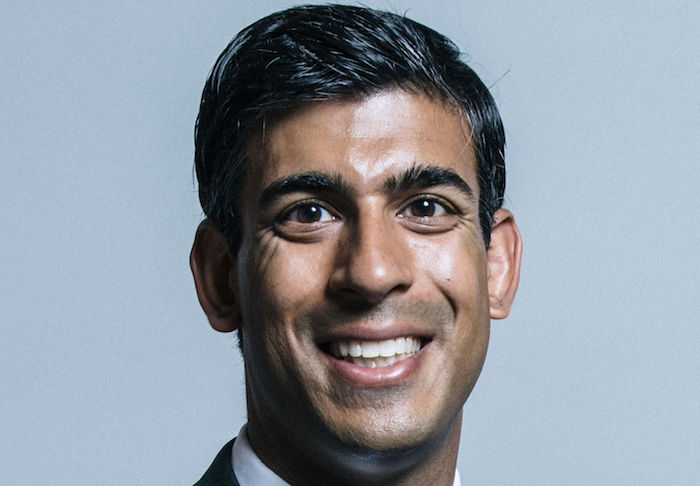
The UK economy’s recovery from coronavirus is set to “swifter and more sustained” than previously thought, according to new estimates released with the Budget today.
The economy will return to pre-Covid levels by the middle of next year, six months earlier than previously thought, according to Office for Budget Responsibility forecasts.
Growth will be 4 per cent this year, rising to 7.3 per cent next year, then 1.7 per cent, 1.6 per cent and 1.7 per cent in the following years.
The OBR had forecast 1.8 per cent for 2021.
In July last year unemployment was expected to peak at 11.9 per cent. This has now been revised down to 6.5 per cent.
However, chancellor Rishi Sunak warned that tough times remain ahead, with borrowing still the highest outside of wartime.
“What was originally thought to be a temporary disruption to our way of life has fundamentally altered it,” he said. “Despite this unprecedented response the damage coronavirus has done to our economy has been acute.”
While Sunak said the OBR’s forecasts were showing the government’s economic response was working, the coronavirus was “still doing profound damage” and “repairing the long term damage will take time”.
In five year’s time economy will be 3 per cent smaller than it would have been.
In the past year, the government borrowed a record £270bn to help the economy during the Covid 19 pandemic, and it continues to support millions still out of work or on the furlough scheme.
In an interview with the Financial Times over the weekend, the chancellor said he needed to “level with people” about the state of Britain’s finances, which he described as under “enormous strains”.
He said the government was particularly exposed after a recent increase in borrowing costs. Over the past month, the price of servicing 10-year debt issued by the government has increased by half a percentage point to exceed 0.8 per cent.
While still low by historical standards, the increase bucks the downward trend seen in recent years. Sunak told the paper that, should all interest rates increase by 1 per cent, an extra £25bn could be added to the cost of public borrowing each year.
The UK is not alone in facing a potential interest in debt costs, as last week yields on 10-year US Treasuries reached 1.6 per cent.
The government has taken a tough line on party discipline around voting for any Budget changes, with the Conservatives’ chief whip threatening removal from the parliamentary party for MPs who do not toe the line.
Though Sunak repeated his mission to do “whatever it takes” to support the economy and jobs amid the Covid-19 crisis in the Budget, the likes of Bank of England chief economist Andy Haldane have warned over the potential risk of inflation from spending.
According to analysts at Citigroup, we could still be borrowing £130bn in four years’ time, even if both successful vaccines and an economic recovery materialise.



